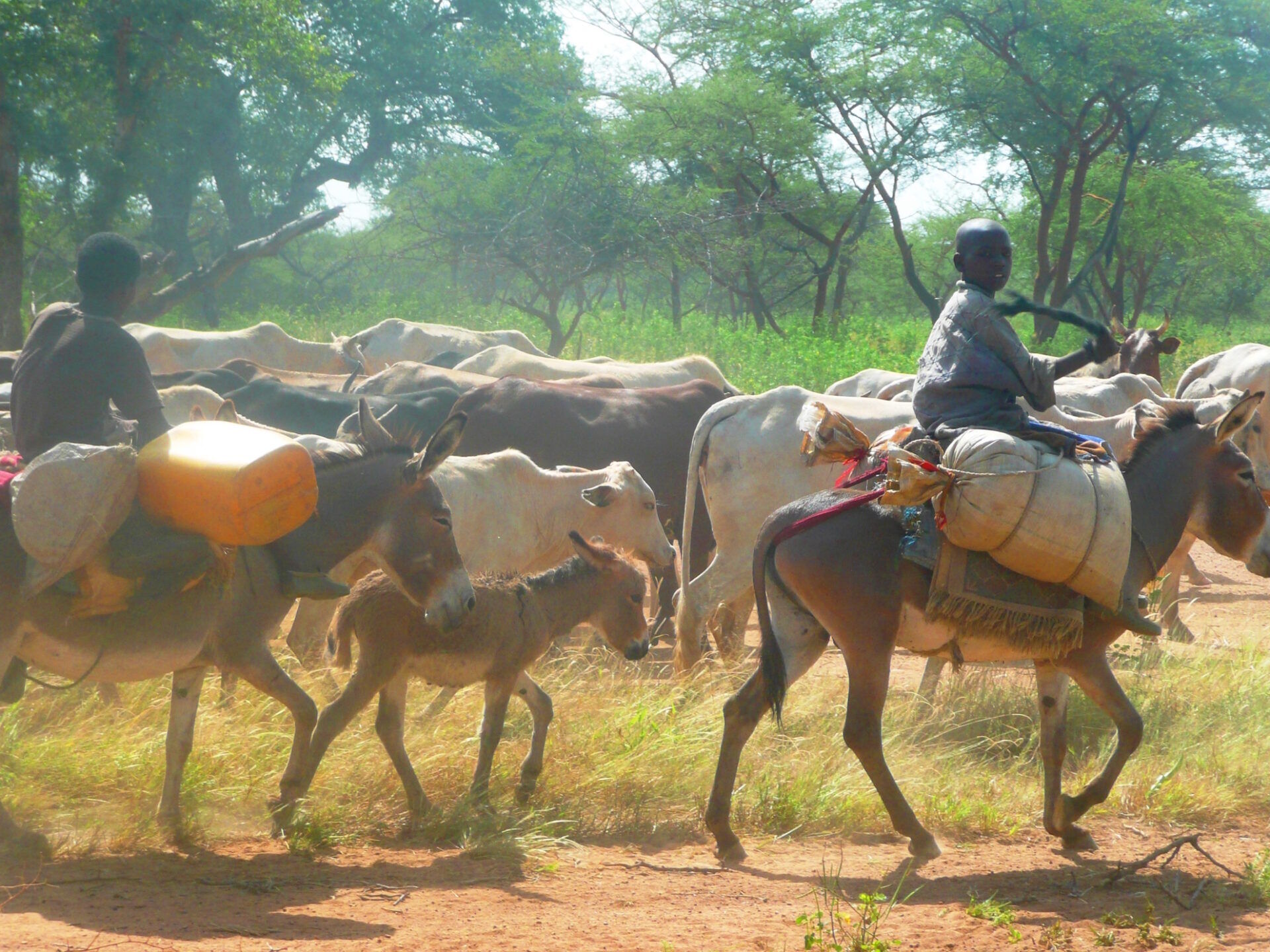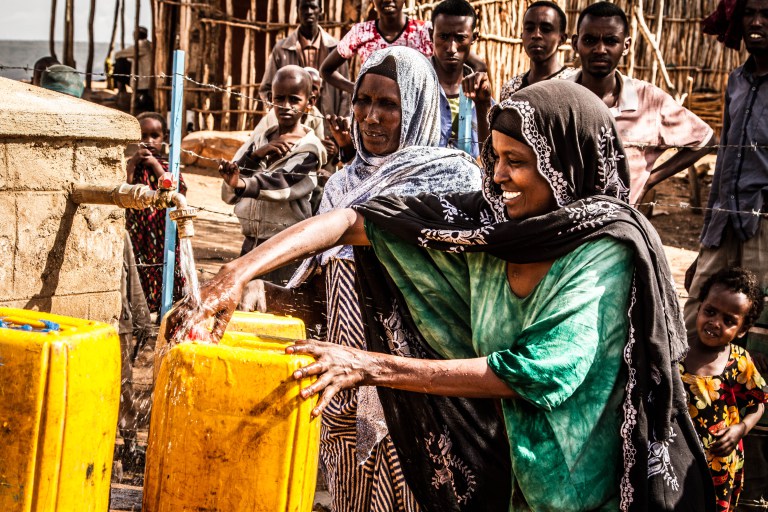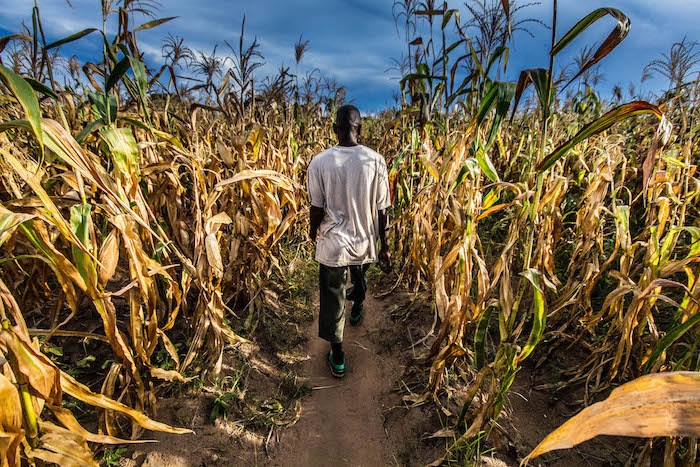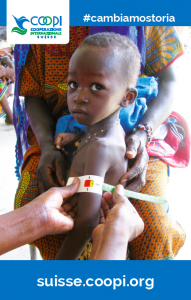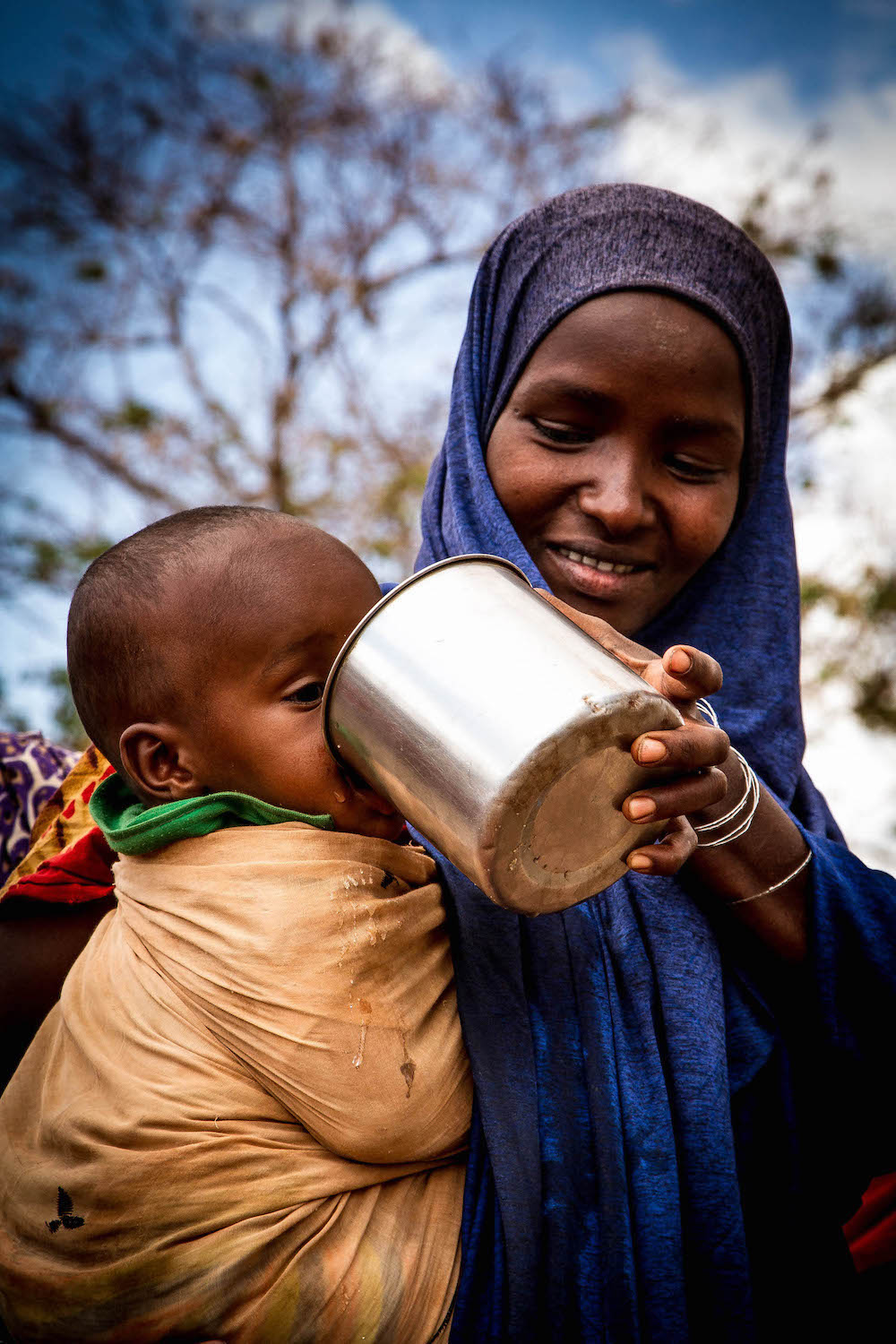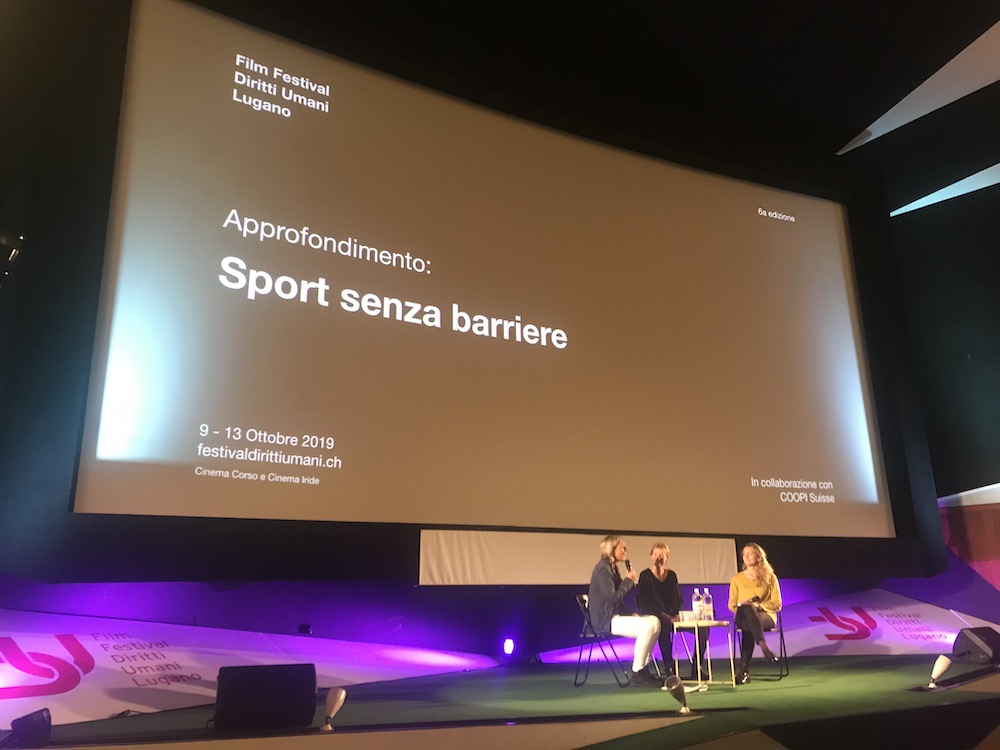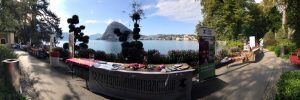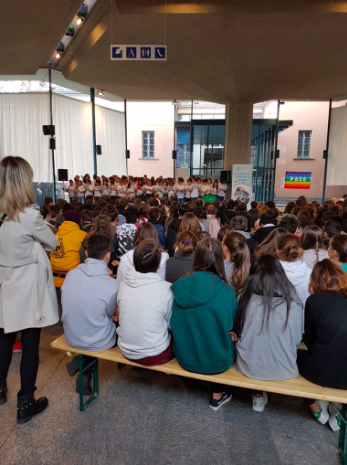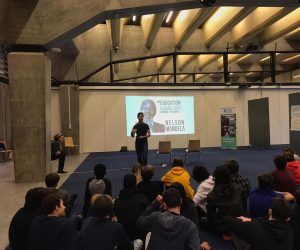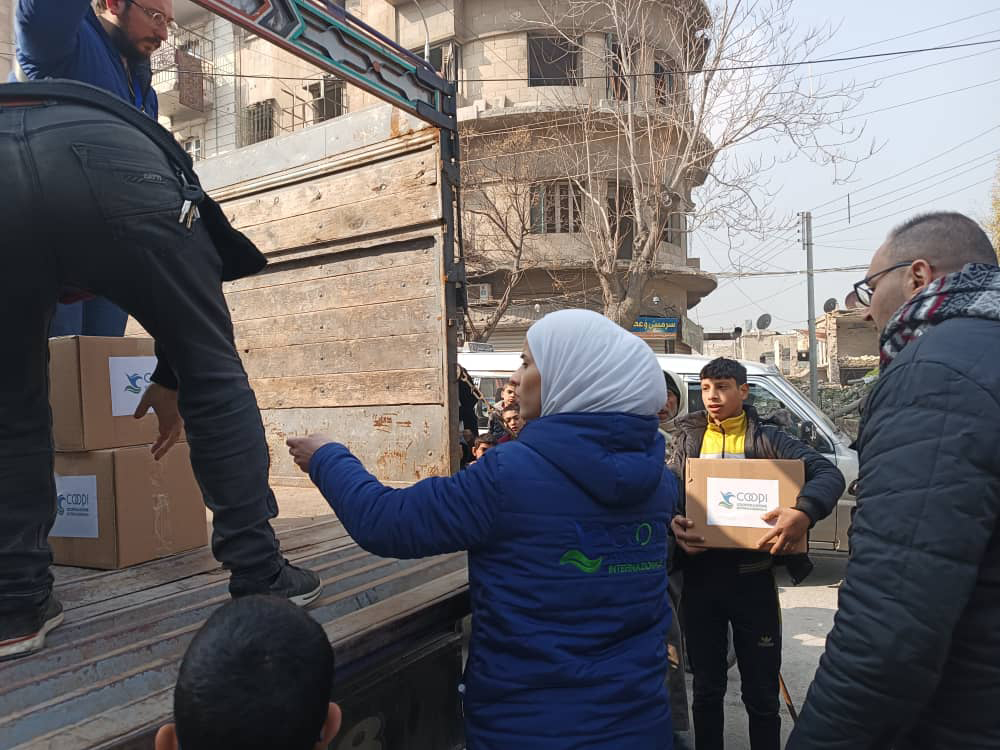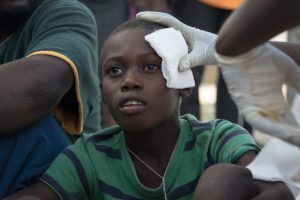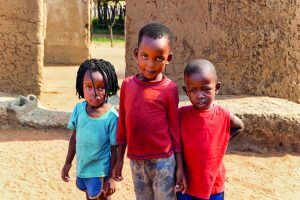Almost 80% of the Chadian population lives in rural areas and about 40% depends on farming, the only source of income for some of the most disadvantaged populations and the main reason for the exploitation of the semi-arid areas.
Therefore, livestock plays a fundamental role in food and nutrition security. Unfortunately, families of herdsmen are virtually excluded from the health and education system because of their mobile lifestyle. Particularly in the Sila region, the system of support for production and animal health care and public services can’t keep up with the increase of the human and animal population.
Investing in small farmers, both women and men, has become the best way to increase food security among the poorest people of the districts and it can help increase food production for local markets.
The absence of vaccination centers for livestock forced farmers to face long journeys to bring the cattle to other collection points, which put at risk the animals’ health and often contributed to the spread of contagious diseases among the herds.
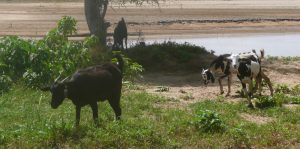
For this reason, the project involved the construction of two vaccination centers, strategically placed in the two districts of Kimiti and Djourfal Amar. The centers can host about 150 animals at a time, which is a total of 250 m2. The goal of the Center is to maintain the cattle and gradually move them along a permanent path next to the main fence. Through a long passage, veterinarians are able to examine each animal in a progressive manner and provide medicine if necessary. The center also registers the animals and is furnished with a ramp to load them on vehicles at the end of this health care journey.
The exact number of animals vaccinated during the vaccination campaigns, is determined by the vaccination schedule, planned and approved by the Regional Delegation for Rural Development of Sila, the Ministry of Livestock .
The indirect beneficiaries of these actions can be calculated on the basis of the number of individuals belonging to all the families of Sila, approximately 154.900 individuals.
The project benefitted from the partnership between COOPI Suisse and COOPI Chad and the involvement of the technicians of the Regional Delegation for rural development of the Ministry of Livestock in Sila and the technical service manager for the livestock department.
The project took place from 01.09.2019 to 31.12.2019.

